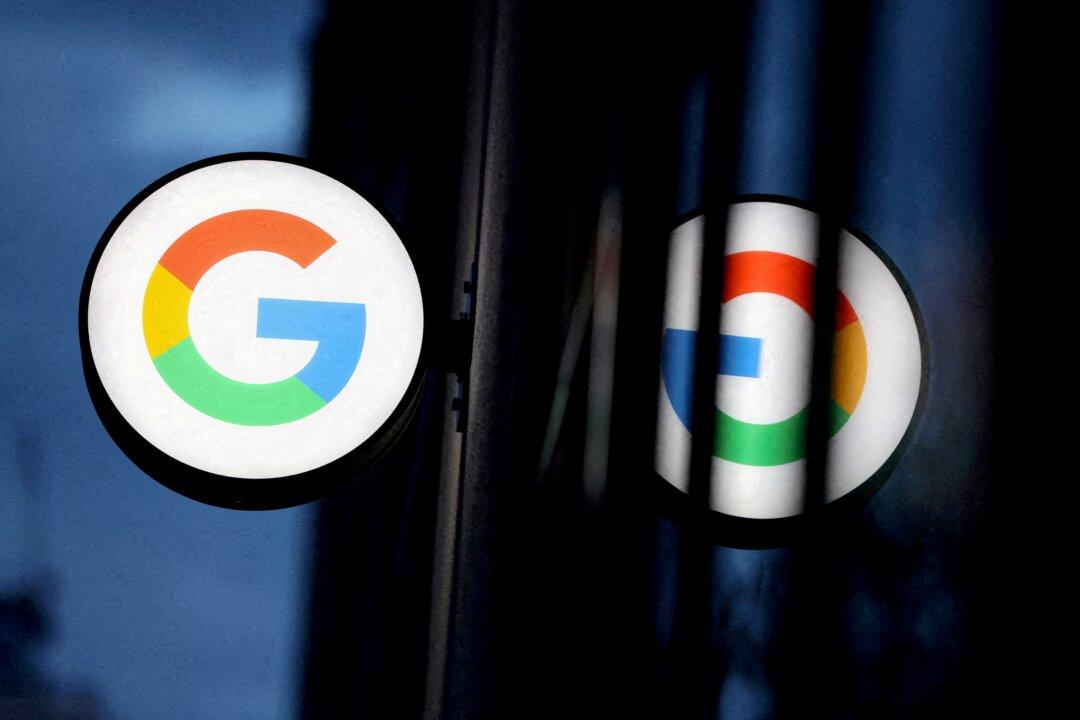Google will pay $93 million to the state of California to settle allegations that it was collecting and using consumers’ location data without their consent, the state’s attorney general said on Thursday.
California Attorney General Rob Bonta said in a statement on Sept. 14 that Google agreed to pay the settlement and accepted strong injunctive terms to deter future misconduct.





